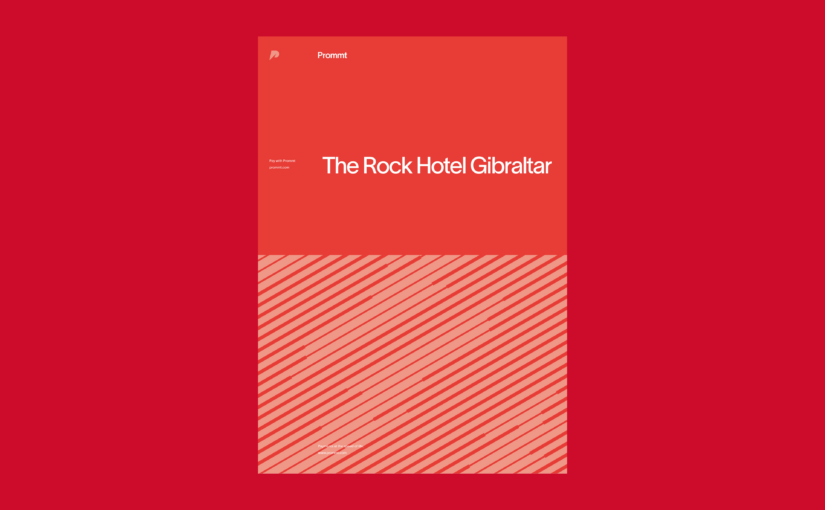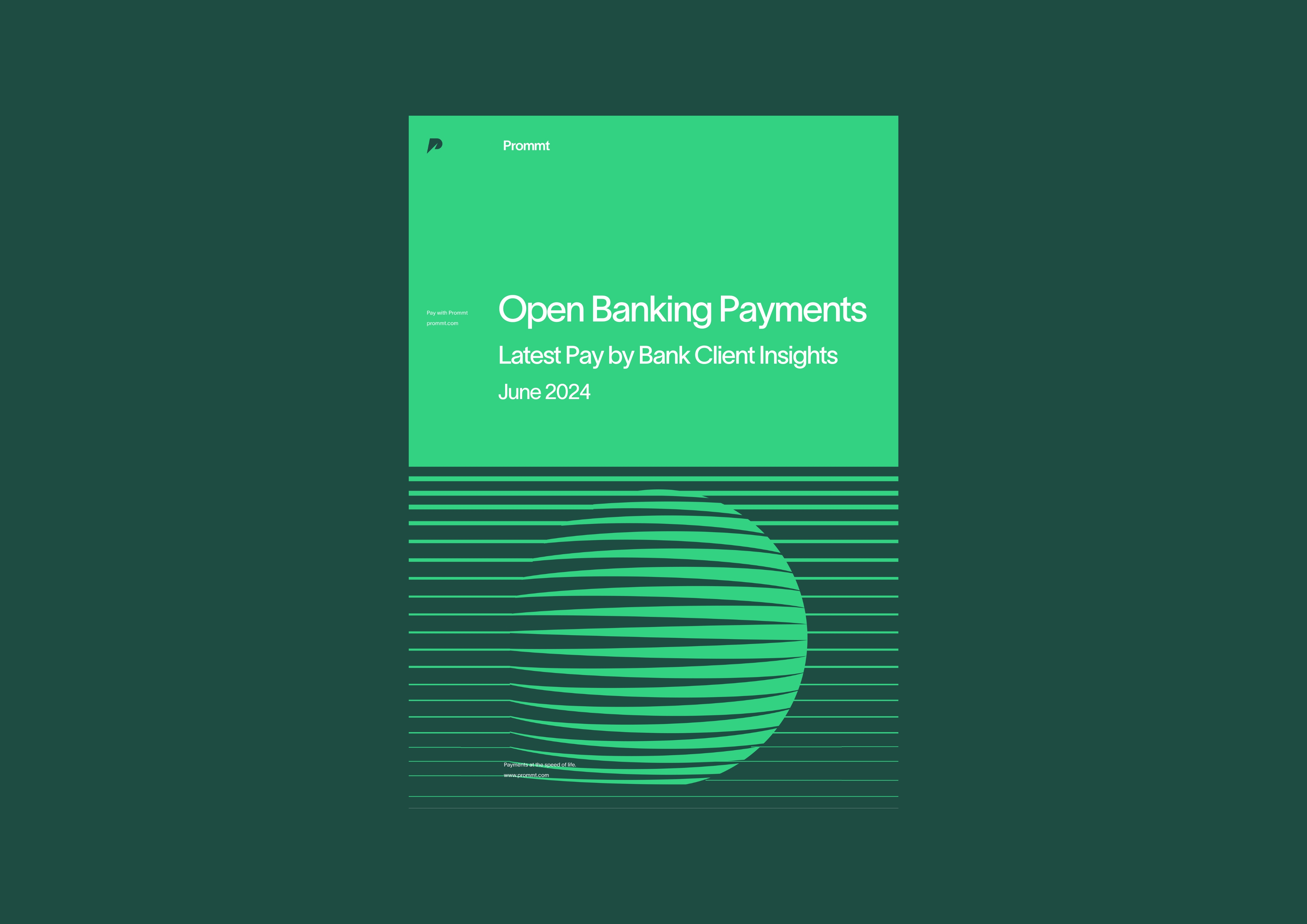We’re thrilled to share that has been selected as a finalist in the PayTech Awards 2025, in the category of Best Business Payments System – Payment Acceptance & Collection! This recognition is a huge testament to the dedication and innovation of our entire team, and the impact we’re making across industries like Hospitality, Automotive, Luxury Retail, and Builders Merchants.
Find Out More March 5, 2025 Prommt shortlisted for MPE Awards 2025 – Best Use of Open Banking for PaymentsMPE Awards 2025
We’re thrilled to share that Prommt has been selected as a finalist for “Best Use of Open Banking for Payments” at the MPE Awards 2025! Our Pay by Bank solution is transforming high-value payments, making transactions faster, smoother, and more cost-effective. Our clients achieve payment success rates of over 93%, and some have reduced card fees by as much as 88%.
Being recognised for our impact in the payments industry is a true testament to our team’s dedication and innovation. We look forward to the awards ceremony and wish the best of luck to all the incredible finalists in our category!
Find Out More March 5, 2025 Creating the Future of Fintech for Luxury Shopping Experiences with Prommt CEO Donal McGuinnessTech Powered Luxury Podcast
In this episode, Prommt CEO Donal McGuinness dives into the world of mobile payments, luxury retail, and user experience, exploring how technology is revolutionising high-value transactions across industries.
If you’ve ever wondered how tech is shaping the way we shop for high-ticket items or how luxury retailers are making payments seamless for their customers, this episode is a must-listen!
Highlights:
- Payments in luxury need to evolve to match the elevated customer experience. Clunky, unbranded payment methods can ruin the luxury journey.
- Prommt is revolutionising payments by offering secure, branded mobile payment solutions that streamline high-ticket transactions via SMS, WhatsApp, and Zoom—making the checkout experience as seamless and premium as the service and customer experience that accompany the products.
- Social commerce is reshaping luxury retail. Platforms like WeChat, Instagram, WhatsApp, and TikTok Shop are now powerful sales channels, allowing luxury brands to engage and sell directly to consumers through these platforms.
“Someone said to me a while ago, ‘Well, I don’t even read news online anymore. If the news is important to me, it will find me.’ It’s the same with payments. So, if I am interested in various brands, no matter where I am looking, I should be able to seamlessly have that checkout experience served up to me, and that’s where I think we are going to go with these customers in luxury retail.” – Donal McGuinness, CEO at Prommt
Luxury brands are fully dedicated to creating an exceptional experience and seamless journey. From the moment you step into the boutique, there might be a glass of champagne waiting for you. A personalised selection of designs might be presented, tailored to your tastes, and AR filters allow you to virtually try on sunglasses and jewelry. Every detail of the shopping experience is thoughtfully crafted to make you feel exclusive and valued. Yet, one part of the journey is often neglected – the payment experience. And this is where Prommt step in.
Find Out More
Client Case Study in partnership with PXP Financial
“With Prommt, risky telephone and other remote transactions are now streamlined into a simple, secure online process – enabling faster payments, improving cash flow, and ensuring data compliance. We’ve significantly reduced chargebacks, fraud, and the time spent chasing payments.
Within six months, processing payments via OPERA Cloud have driven a significant increase – more than double – in the payment volumes being facilitated by Prommt at the hotel. We highly recommend Prommt to any hotel looking to save time, reduce costs, and optimise their payment processes while delivering a superior guest experience.”
Jane Swinbank-Smith, Head of Finance at The Rock Hotel Gibraltar
Download Report
Pay by Bank (PBB) revolutionises bank payments by replacing the cumbersome process of sharing IBANs and account numbers with a seamless digital experience. Unlike card payments, PBB eliminates chargebacks, card fraud, and payment operation costs, making it a game-changer for high-value transactions. Additionally, PBB does not incur scheme or interchange fees.
In our latest client insights paper, we share key findings to date.
Highlights include:
- PBB performs best when combined with Card. Prommt’s payment orchestration controls drive adoption and reduce costs for high-value payments without affecting customer experience. Over 60% of Prommt’s clients have adopted PBB.
- Payment failure rates are significantly lower for Bank than for Card, with average success rates exceeding 93%.
- PBB accounts for 25% of our total payment volume (TPV).
- The automotive sector is the most popular for Pay by Bank, representing over 88% of TPV, with the highest single transaction in this sector reaching £95,000.
- The average transaction value (ATV) for bank payments is now three times that of card payments. Luxury retail boasts the highest ATV at £3,746.
- Motorpoint, a leading motor retailer, saved over £100,000 in the first 8 months after launching PBB.
- Wilsons Auctions have replaced the majority of their card transactions with Open Banking.
Discover more, including adoption use cases, industry-specific highest transaction values & ATVs and current limitations, in our full report.
Download ReportReady to get started?
We are available 24/7 to help your payments perform at a world-class level.
Request a Demo